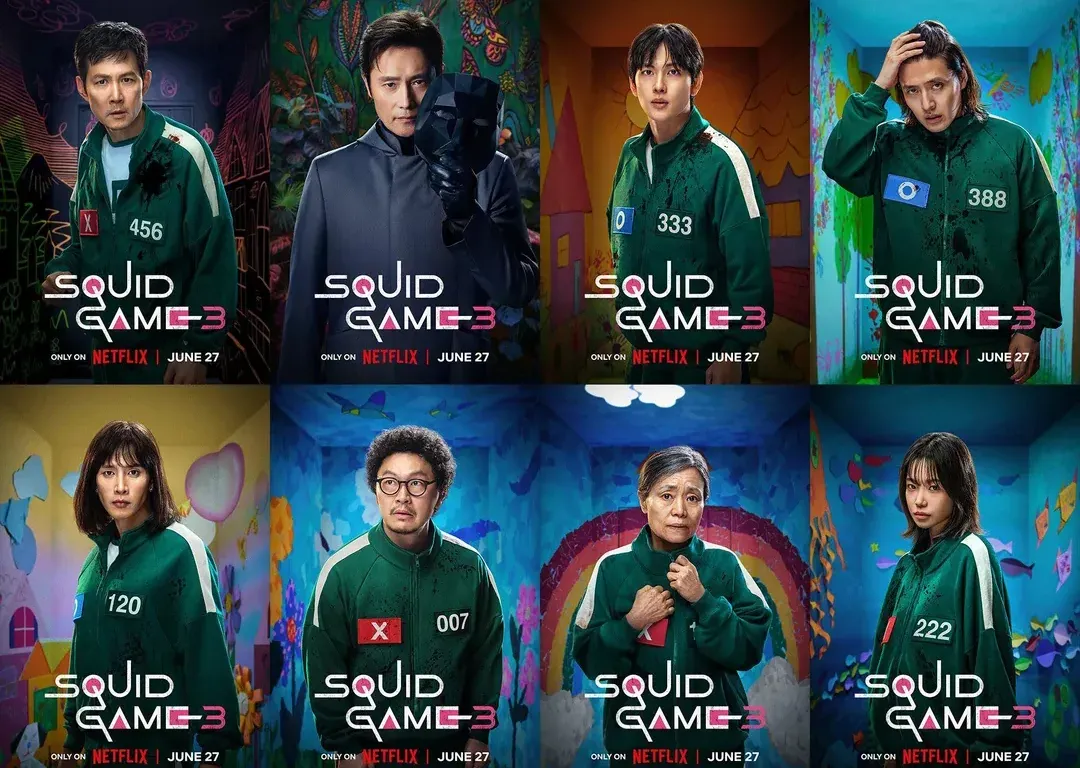Visually Striking but Predictable
The third and reportedly final season of Squid Game returns with all the hallmarks that made the series a global phenomenon in 2021. Its unmistakable visual style remains intact — vibrant sets where traditional children’s games are transformed into deadly trials, creating a haunting juxtaposition of innocence and brutality.
The show’s central concept continues as well: individuals facing economic hardship are forced into a high-stakes competition under the watchful eyes of a wealthy elite. While the violence and moral dilemmas escalate this season, the storyline suffers from predictability. Plot developments often feel foreshadowed, reducing the tension and surprise that defined the earlier seasons.
Gi-hun’s Mission and Parallel Plotlines
This season concludes the arc of Seong Gi-hun (Player 456), portrayed by Lee Jung-jae, as he returns to the games with the intention of dismantling them from within. His failure to rally a rebellion reveals the deeply entrenched nature of the system he’s fighting against. Meanwhile, two additional plotlines unfold: a former police officer investigates the game’s location, and a masked staffer hides a personal mission while working behind the scenes.
These storylines expand the series’ universe but highlight a recurring theme — the persistence of exploitation and how difficult it is to challenge such a deeply rooted mechanism.
Social Commentary Maintains Its Edge but Feels Repetitive
Squid Game continues its exploration of themes like social inequality, blind loyalty, and human desperation. However, the third season tends to present these ideas overtly, limiting space for viewer interpretation. Some performances, particularly among non-Korean characters, have been noted as stiff or exaggerated.
Despite its flaws, the series remains an influential cultural product. It reinforces South Korea’s role as a powerhouse in global entertainment and closes its story with a bold critique of systemic injustice.







